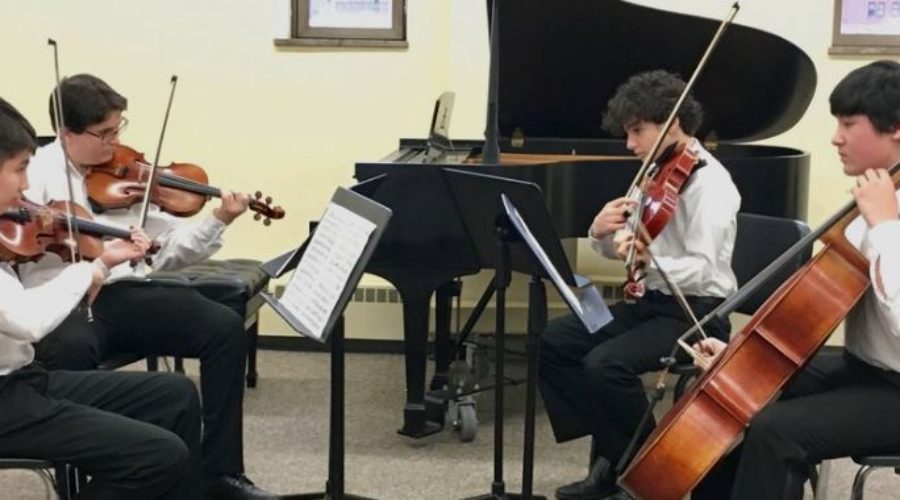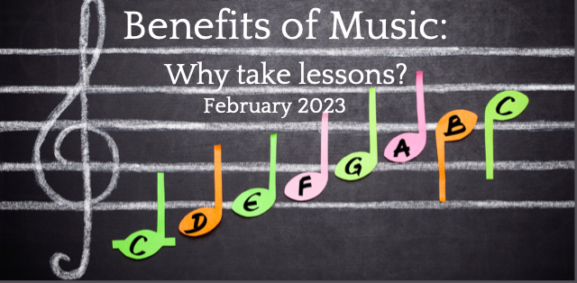Guest Post: Why Chamber Music?
UniSound loves to feature talented writers from its member organizations! Want to learn how you can write a post for the UniSound blog? Contact us!
Chamber music is a form of classical music composed for a small group of musicians, such as a trio, quartet, or quintet. The name comes from centuries ago when small groups of musicians were hired to fit a palace “chamber.” It’s “the music of friends,” and is often described as a “musical conversation.” Playing chamber music requires special skills, musical and social, which differ from those required to play solo or in an orchestra.
Chamber music is the most collaborative form of music-making around! Every player has their own part to play, while they together learn to play as ONE. Each musician must contribute fully for the group to achieve success. Students gain musical and interpersonal skills, such as collaboration, leadership, responsibility, and more. They learn to listen to and watch each other closely, sometimes leading and other times following. They develop a musical imagination and self-confidence as they test out ideas together; and they learn to give, and be open to, constructive criticism.
According to The Importance of Chamber Music for Children by Meredith Kufchak, former Pittsburgh Symphony Orchestra violist, some of her best friends growing up were the ones she played chamber music with, because “playing in an ensemble builds such a close bond…students are encouraged by their peers and also strive to meet the expectations of their peers…they learn to critique others, while still being respectful of each other and other’s ideas.” Kufchak believes chamber music is an essential part of a music student’s education because “it creates such strong musicians.”
Strings Magazine asked a dozen professionals why they play chamber music. Vicky Chiang, of the Aspen Trio, said it “pushes me to contribute fully as a musician.” “Engaging with colleagues who may fortify or challenge my understanding is inspiring,” said Chiang. Ilmar Gavilan, of the Harlem String Quartet, called chamber music a “reality check” and said, “sometimes when you’re working on solo repertoire, you get used to your own errors…but in a quartet you have three extra sets of ears to keep you in check.”
Chamber music is an asset to our community as well. Students play in neighborhood libraries, senior centers, and other places where live music is seldom heard. They support our partners in the arts by performing pre-concert before professional concerts. These opportunities allow young musicians to gain experience in a wide range of settings – sometimes playing before a knowledgeable, appreciative audience; and other times creating their own audience by learning to make their performance engaging for new listeners to classical music. Studying Chamber Music is a great combination of music education, community service, and spending time with friends!
Laurie Cunningham is Manager of the Youth Chamber Connection, a shared program of Three Rivers Young Peoples Orchestras and the Pittsburgh Youth Symphony. This year Laurie is managing 19 chamber groups, comprised of 77 students ages 8-18. She is married to Jim Cunningham of WQED-FM, and their son Jimmy attends the University of Michigan where he is majoring in viola performance.








